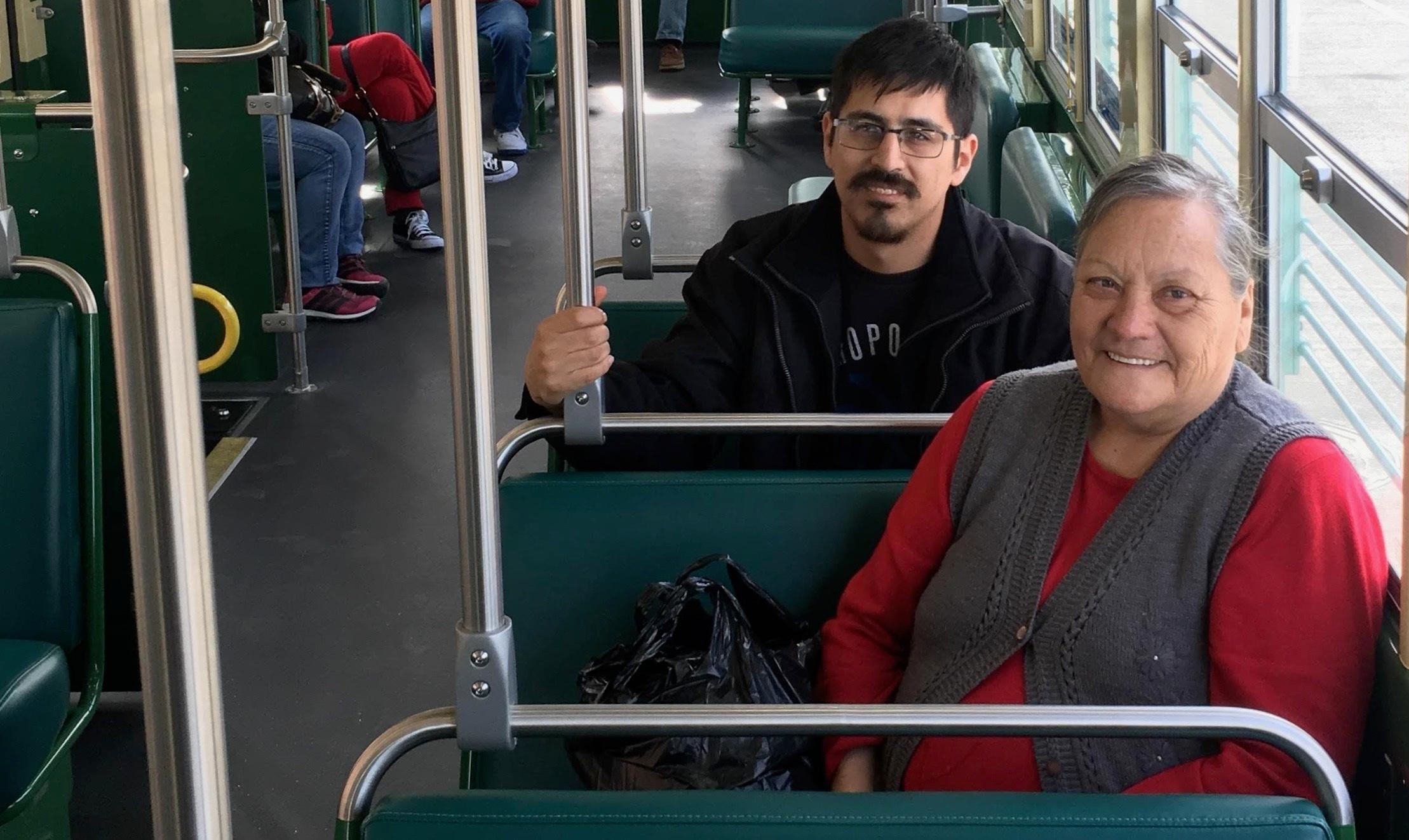
Motus Theater’s ‘UndocuAmerica Project’ shares stories of DACA recipients
Leading up to the anniversary of the creation of DACA, we’re sharing monologues written by DACA recipients. They’re part of a podcast series from Boulder-based MOTUS Theater. In some cases, they’ll be read by the authors themselves. In others, by prominent voices. That’s the case today, with actor John Lithgow.
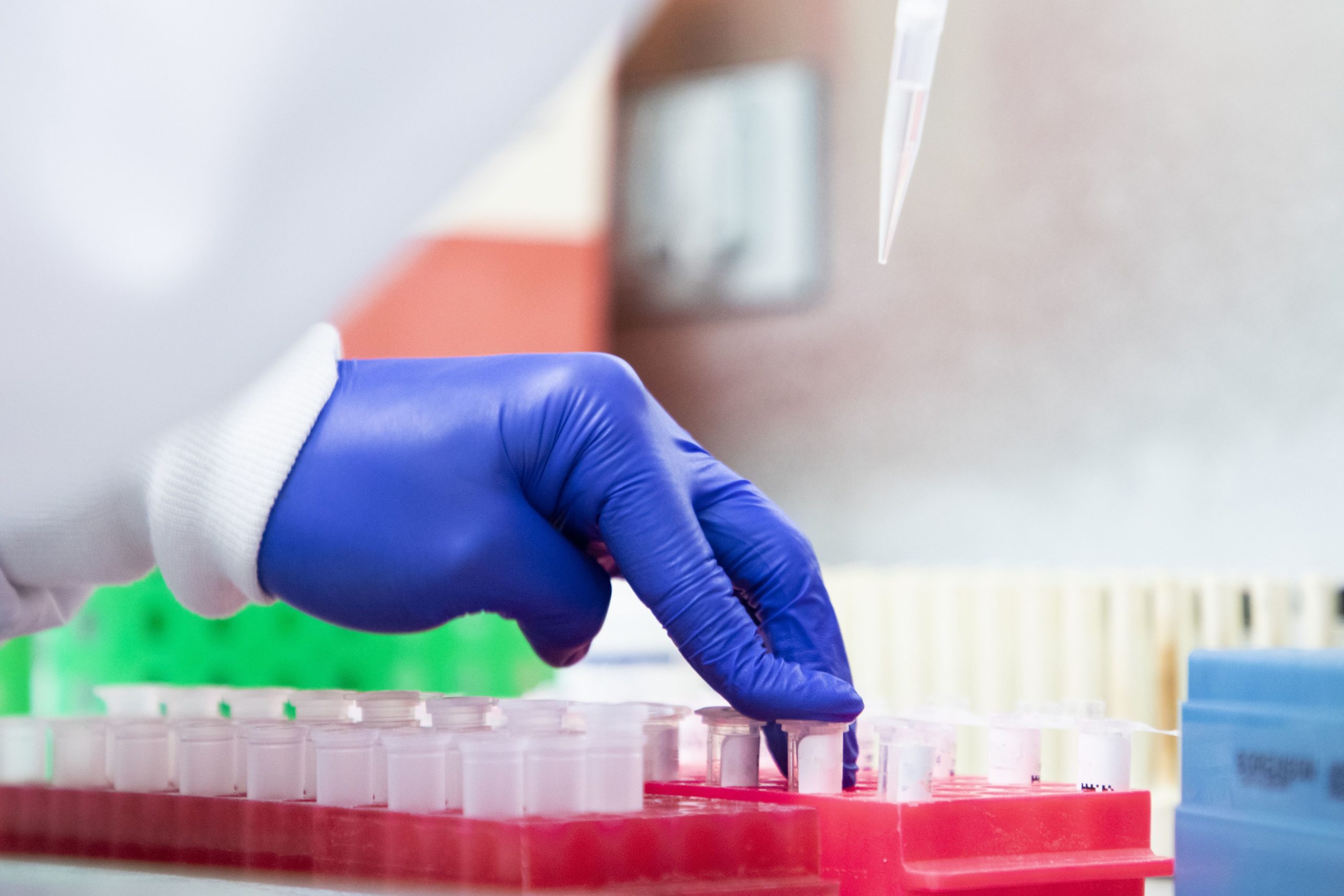
Predicting why some kids get very sick from COVID
As cases of COVID-19 drop, research continues into the many mysteries of the virus. Among the questions is why some children get extremely ill from COVID-19. A recent study in the Journal of the American Medical Association examined cases of COVID in children across the country and found that once children are hospitalized, there are some factors that can help predict whether a child will develop a particularly severe case of the virus.
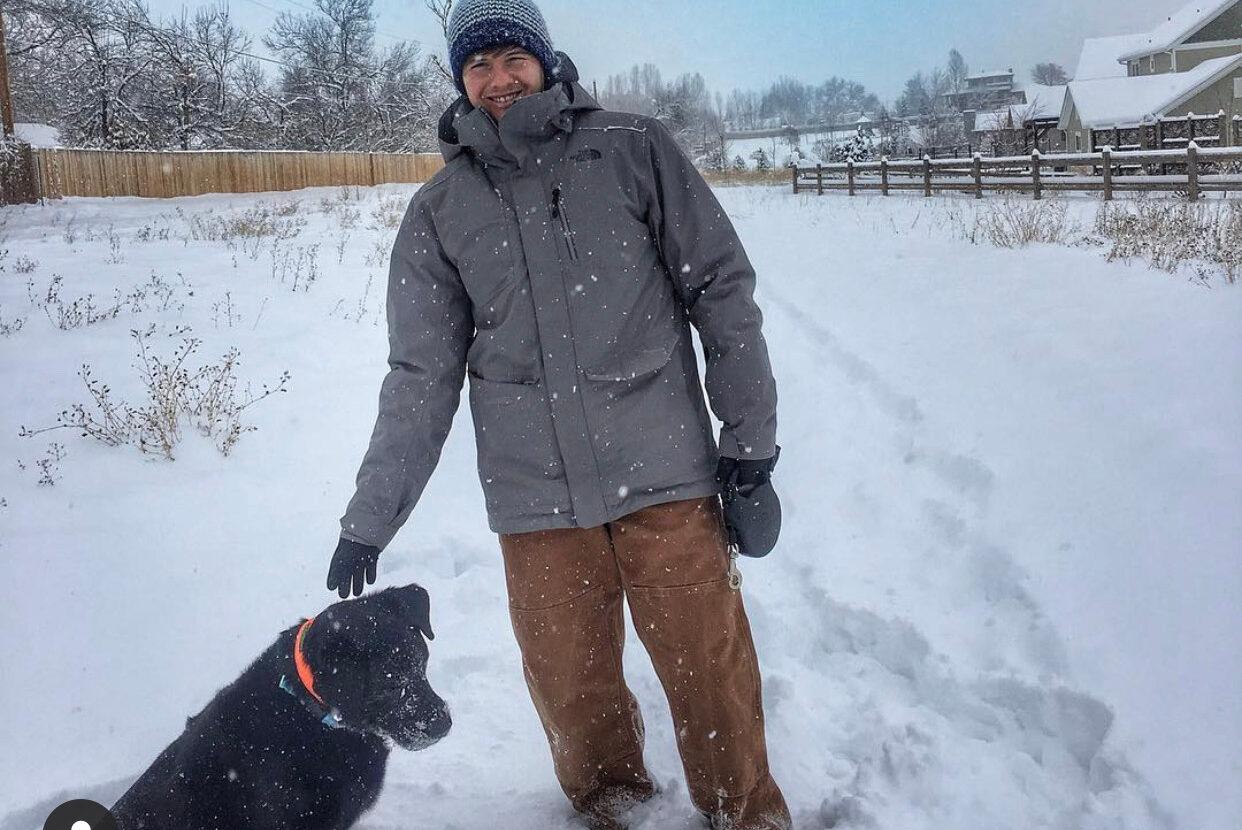
Dogs suffer chronic pain just like people; could the same type of treatment work for both?
Dogs, like humans, experience chronic pain. Now, a gene therapy being used to treat arthritic dogs could have implications for their human counterparts. It involves a substance naturally produced by cells.
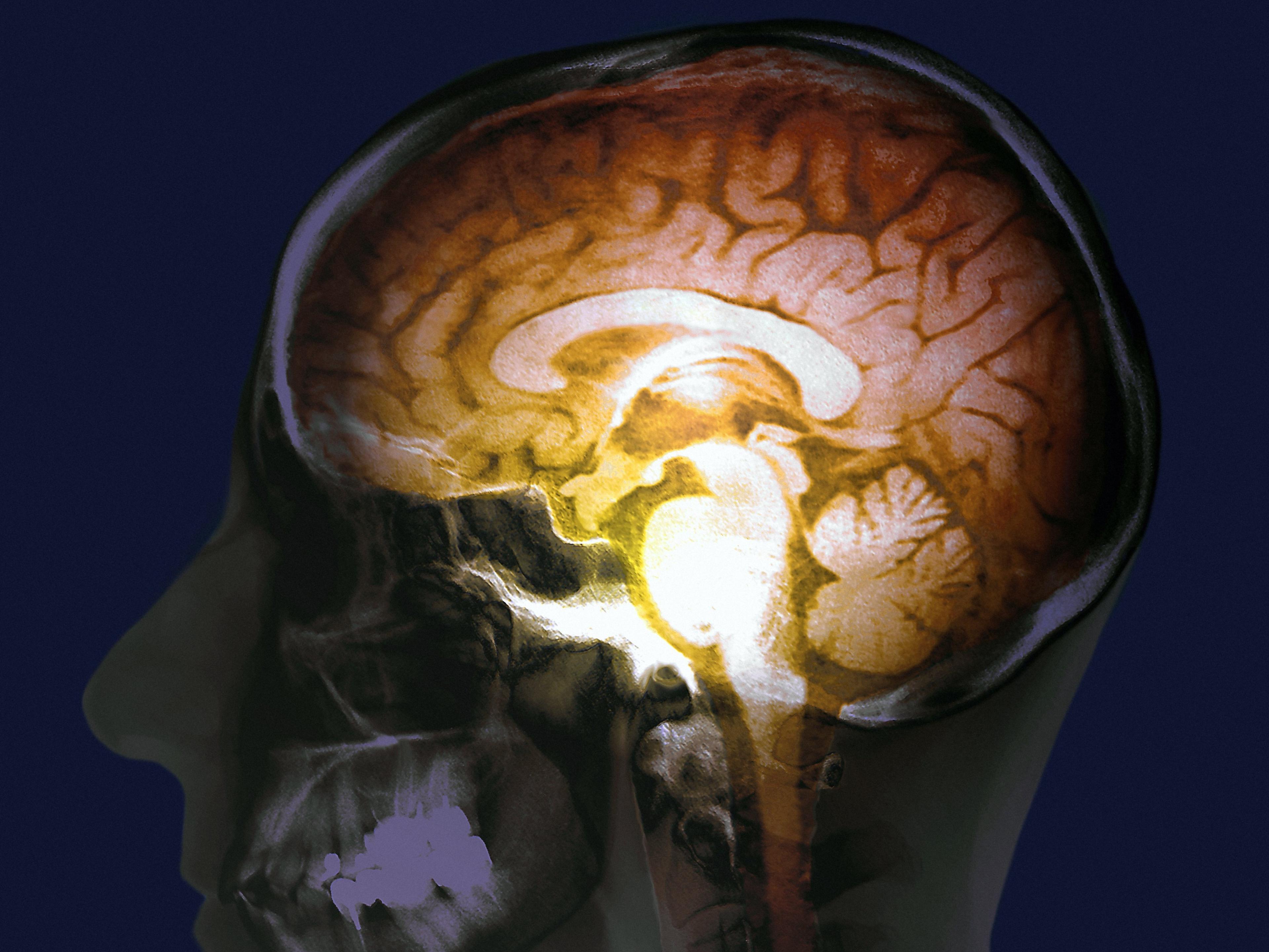
‘On Pain:’ understanding the connection between physical and mental pain
Pain is physical. But it’s also mental. And that mind-body connection is the subject of “On Pain” this time — our new series about pain management.
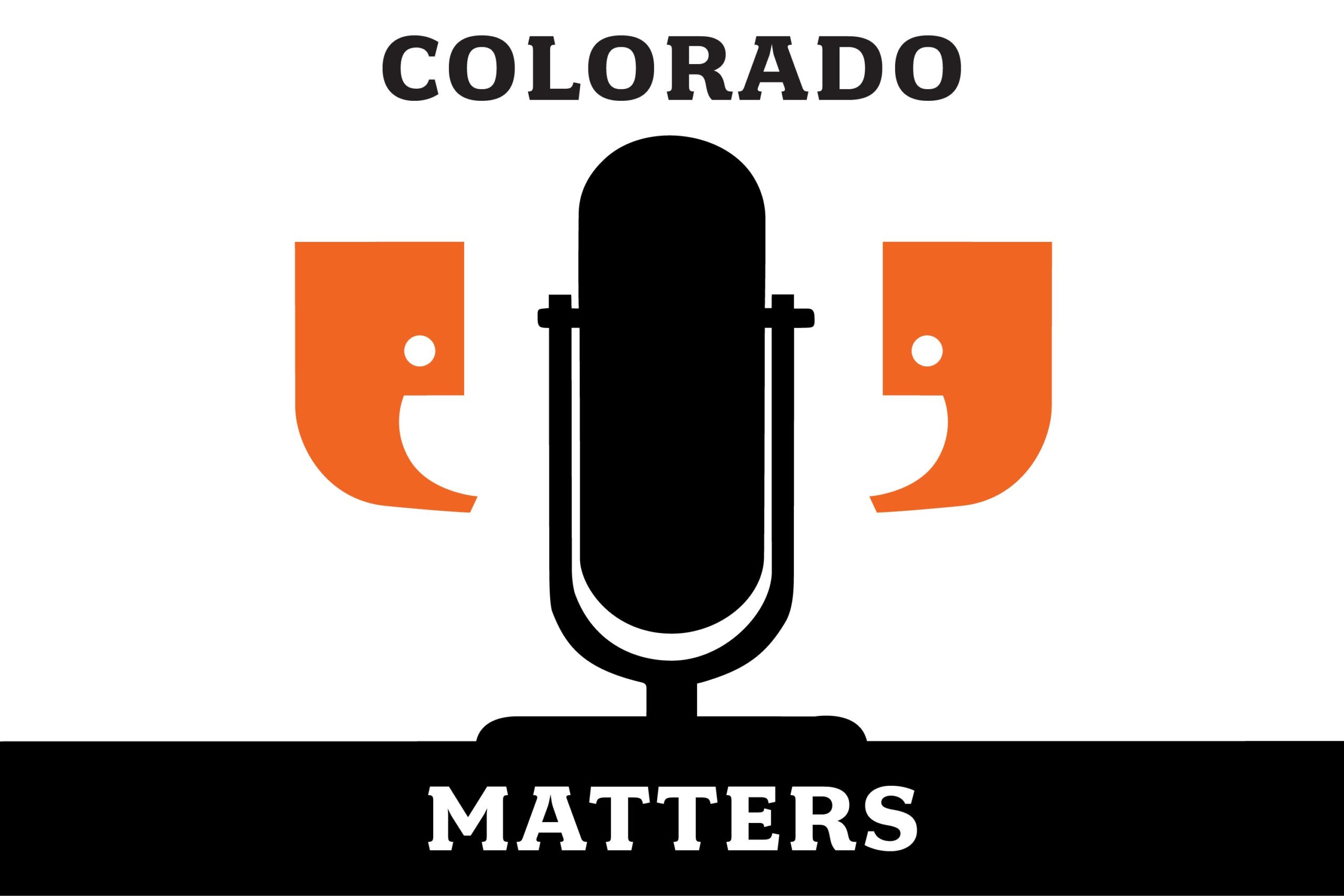
Gauging the thoughts of Ukrainians
John O’Loughlin is a professor of distinction at the University of Colorado Boulder and has worked in Ukraine. He’s also done extensive polling of residents throughout country including in the breakaway regions in the southern and eastern parts of the country.
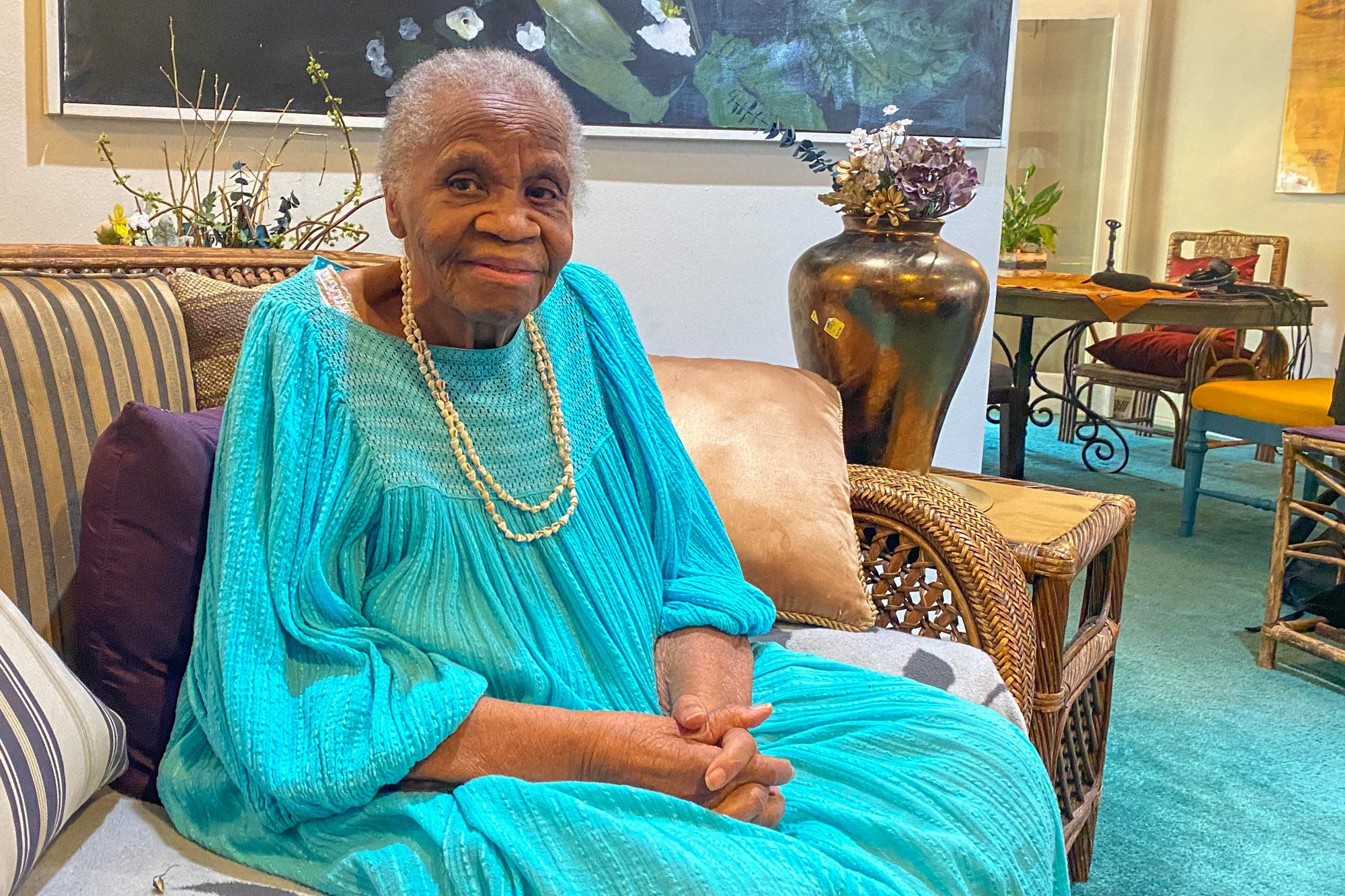
Interview: Denver historian recalls the impact U.S. presidents have had on Black Americans
From JFK to Lincoln, Scott breaks down the political motives behind each presidential decision seemingly empathetic to the Black American struggle.
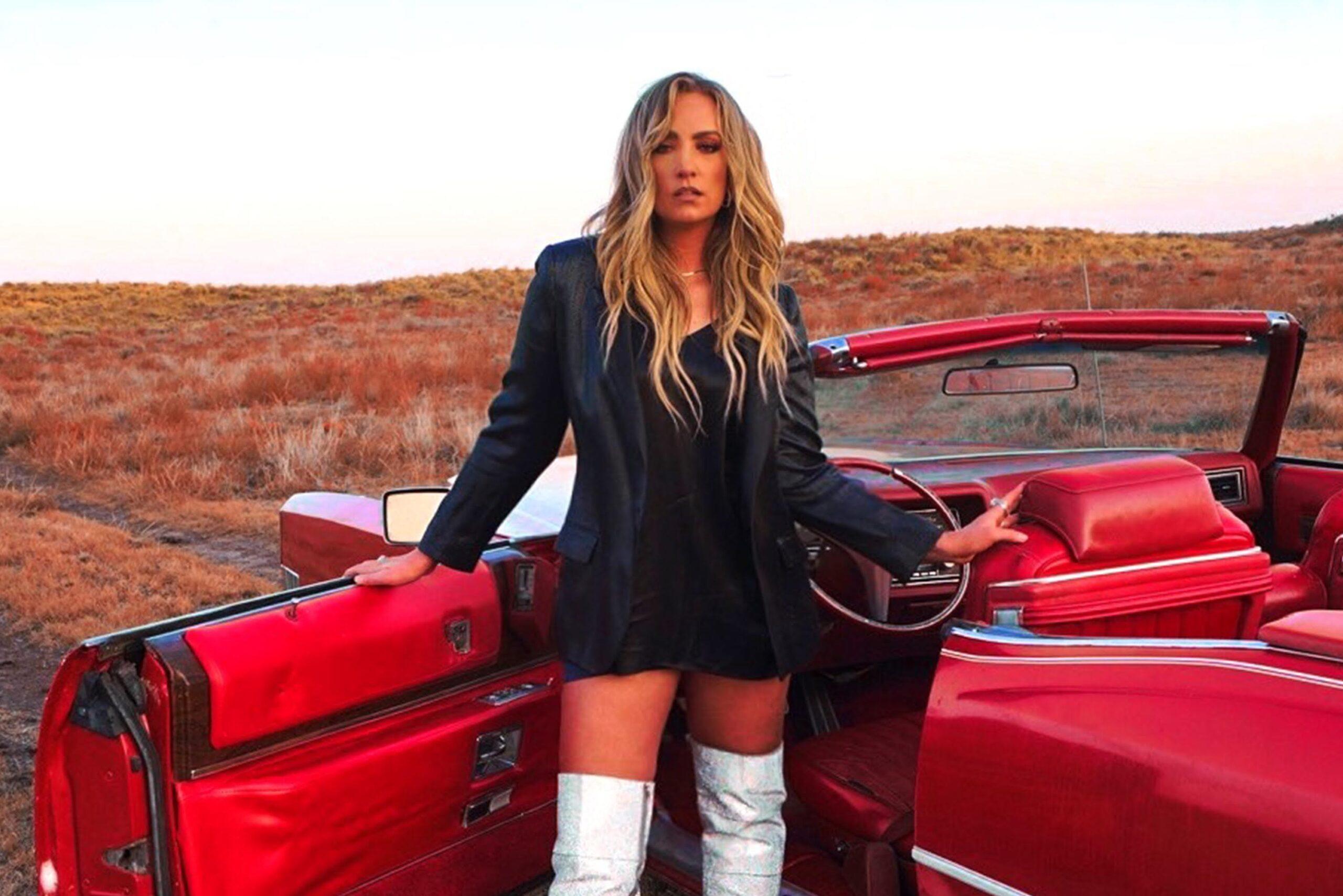
Colorado country singer Clare Dunn named Female Vocalist of the Year
Clare Dunn of Two Buttes, Colorado was just named Female Vocalist of the Year at the Rocky Mountain Country Music Awards. We hear an excerpt from Dunn’s album “In This Kind of Light” called “Good Love Bad” which she produced in the basement of her family’s ranch.

Feb. 17, 2022: Democracy’s future through a bipartisan lens: Reps. Liz Cheney & Jason Crow
Is American democracy in trouble? Republican U.S. Rep. Liz Cheney of Wyoming and Democratic Rep. Jason Crow of Colorado at the University of Denver’s Democracy Summit. Then, the Ute Mountain Ute tribe wants to save its language. And, “climate gentrification” after the East Troublesome fire.
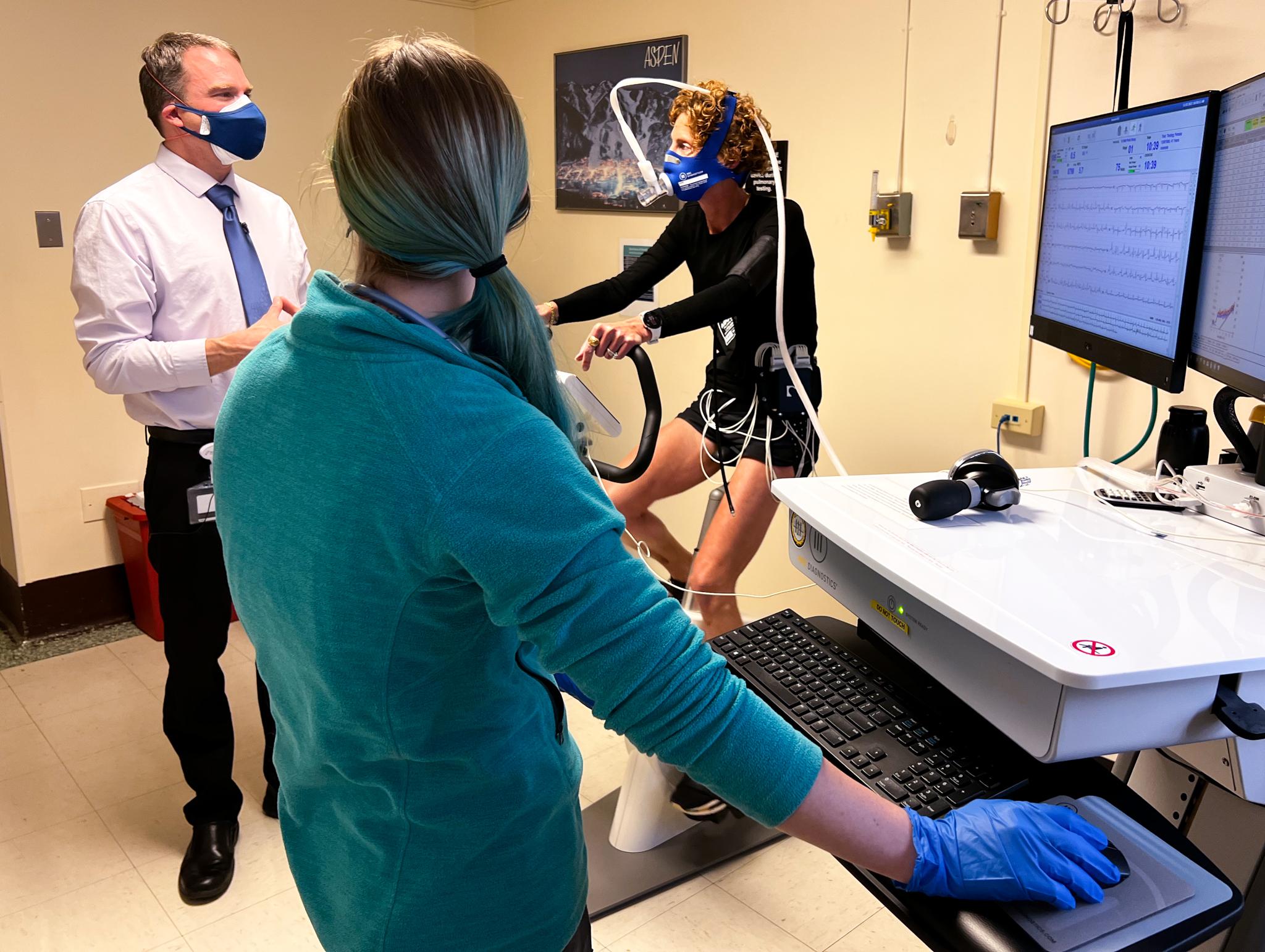
Scientists find possible link between “long COVID” and cell function
The label “COVID long-haulers” refers to people who continue to have symptoms of the virus long after most people have recovered. Symptoms include fatigue, trouble breathing, and joint and muscle pain. A study by National Jewish Health in Denver may have found a clue as to why some people become long-haulers and others don’t. We spoke with pediatric pulmonologist Dr. Tod Olin, who is one of the researchers.
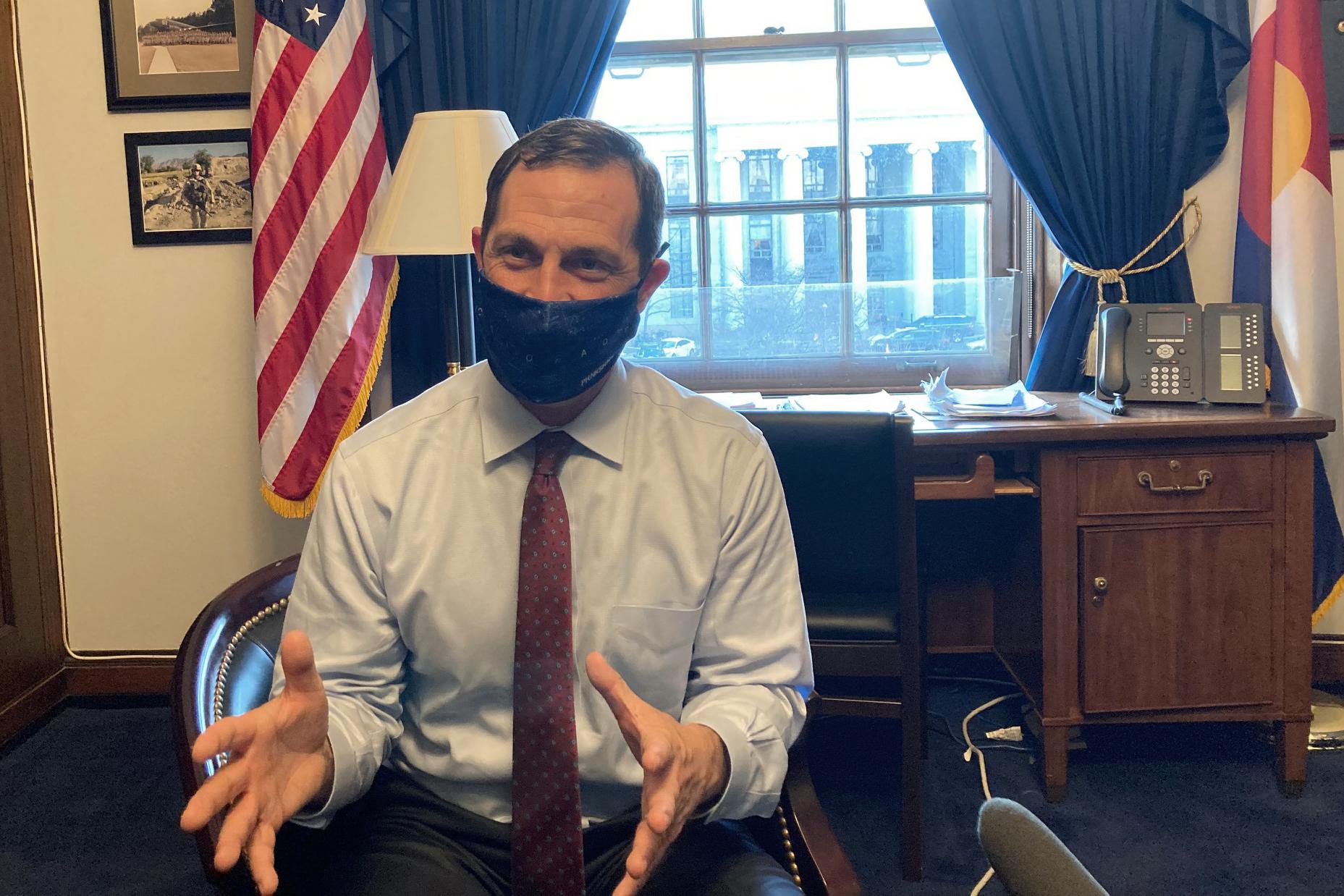
Feb. 3, 2022: Rep. Jason Crow on Ukraine; Colorado Olympian’s love of biathlon
Democratic Rep. Jason Crow, who’s a member of the Armed Services Committee, talks about the ongoing uncertainty with Ukraine. Then, a woman who lost her home and her prized pianos in the Marshall Fire shares her story of reflection.

Coloradan in Ukraine describes life under threat of war
The U.S. continues diplomatic efforts to head off armed conflict between Russia and Ukraine. Many Americans and other foreign nationals have left Ukraine due to the threat of war, but we checked in with a Colorado professor who has worked in the country since 2015 and remains there to finish up his work as a mental health educator. Professor Josh Kreimeyer teaches in the Department of Counseling and Family Therapy at Regis University in Denver.
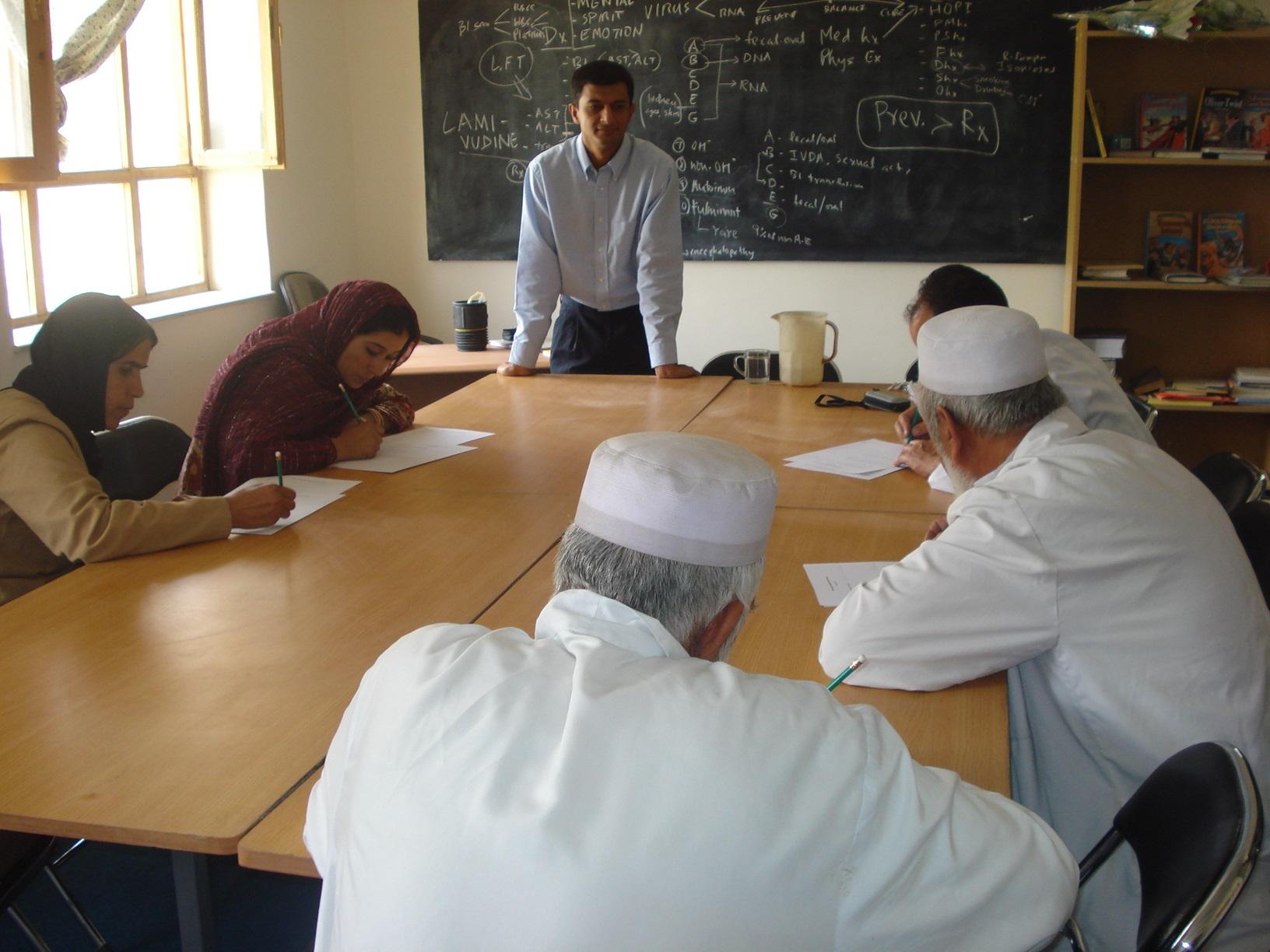
Jan. 27, 2022: An insider’s view of Afghanistan’s crisis; Personalized prescription drugs
Afghanistan is in crisis and millions don’t have enough food. We hear from a Colorado-based group that’s offering aid. Then, genetic testing is helping doctors know what medications work for different patients. And, a man reflects on his journey through childhood and the juvenile justice system. Also, the life of the Denver author of the play “Harvey.”

Colorado nonprofit says economic crisis in Afghanistan means people lack basic needs
When the U.S. pulled out of Afghanistan this summer and the Taliban took over, many non-profits working there had to switch gears. That includes Morning Star Development in Colorado Springs, which has been educating and training Afghans in areas like medicine and business for two decades. Now, as the country faces an economic crisis, the group’s program director, Dr. Dilip Joseph, says they’re also providing people with basic needs like food.

Genes help doctor tailor drugs to individual patients
Genetic testing is increasingly helping doctors determine which medications would be most effective in helping patients, including some anti-depressants. The practice, known as pharmacogenomics, reduces the trial and error that goes into finding the right drugs for patients. Samit Shah, a professor and Dean at the Regis University School of Pharmacy in Denver, co-wrote a book on the subject.
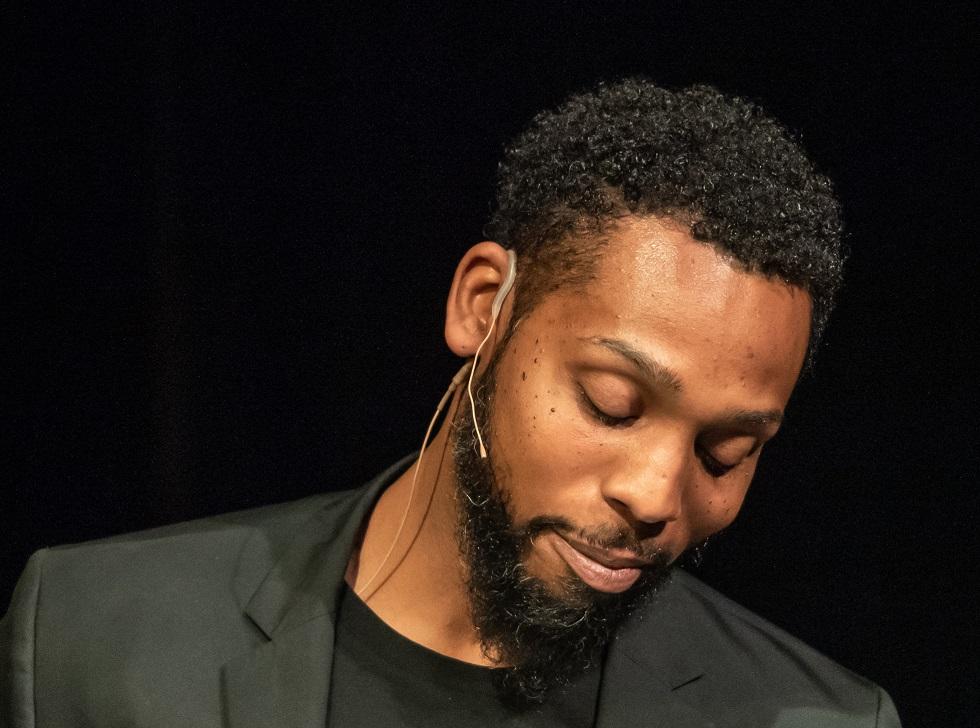
Reflections on a journey from childhood to the criminal justice system
Brandon Wainright had a troubled childhood but it was also promising. In school, he was awarded a scholarship to college. Then, his life took an unexpected turn when he was caught shoplifting and ended up in the juvenile justice system. Wainright wrote a monologue about his experience as part of the Boulder-based Motus Theater’s JustUs Project. The project examines the legal system through first-person stories. Wainright read his monologue at an event honoring Dr. Martin Luther King Jr.’s birthday this month.
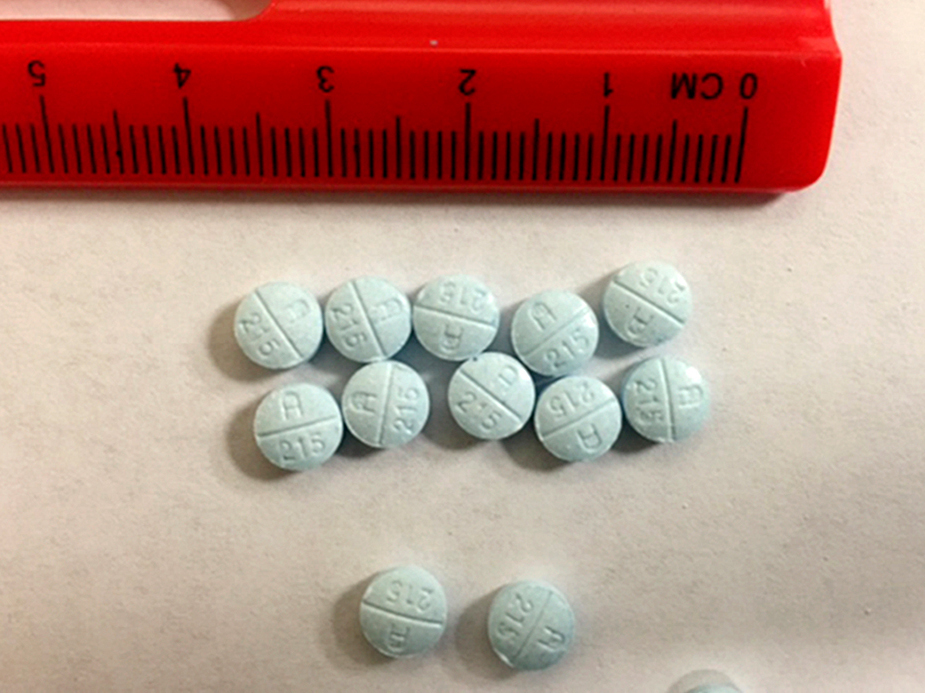
Jan. 20, 2022: Parents talk about fentanyl impact; Hancock on housing, public safety
Parents who lost their children to fentanyl talk about the deadly epidemic. Then, Denver Mayor Michael Hancock is in Washington, D.C. for the U.S. Conference of Mayors. We ask about his priorities, including affordable housing and public safety. Plus, building codes after the Marshall Fire, and a college degree 50 years in the making.

